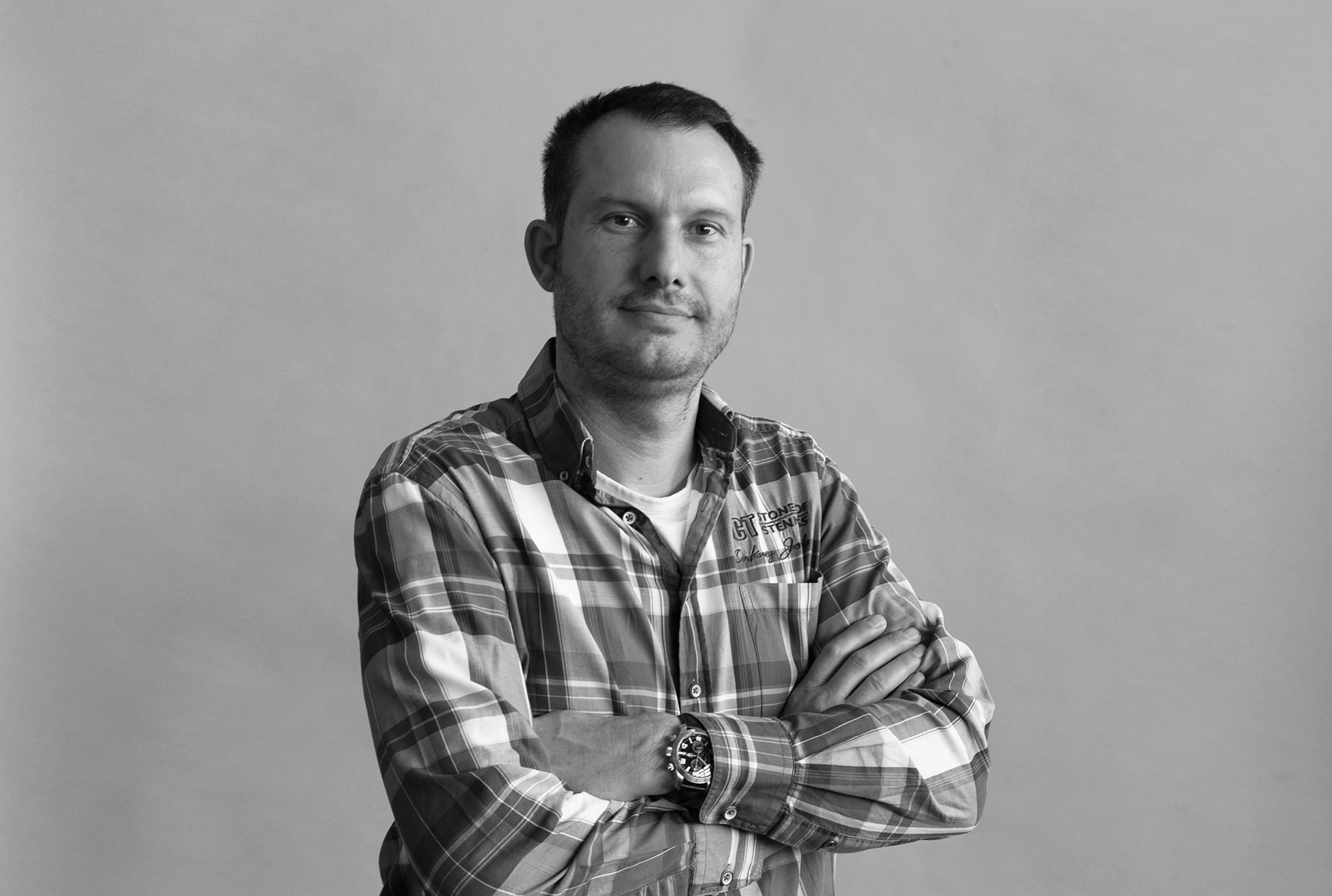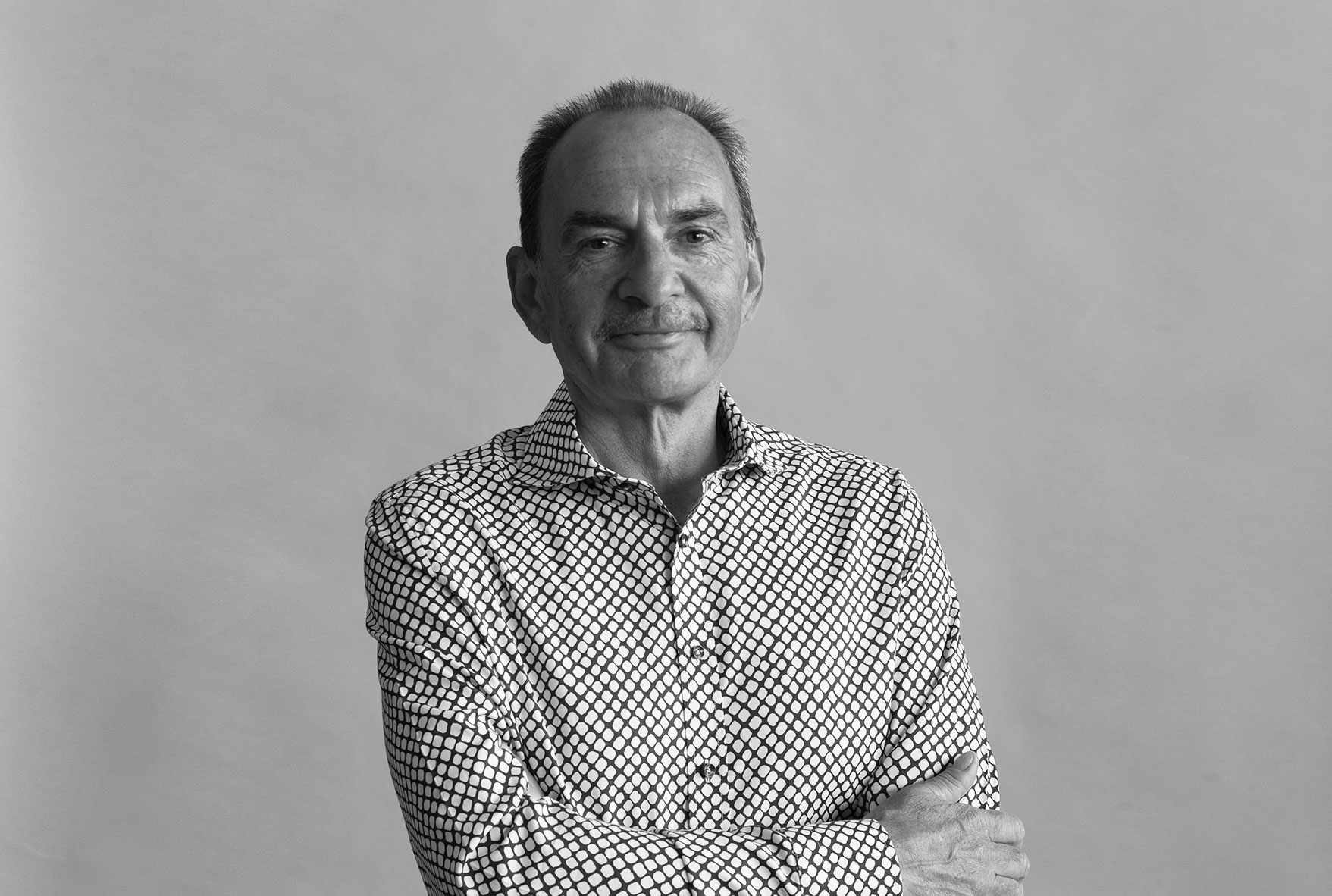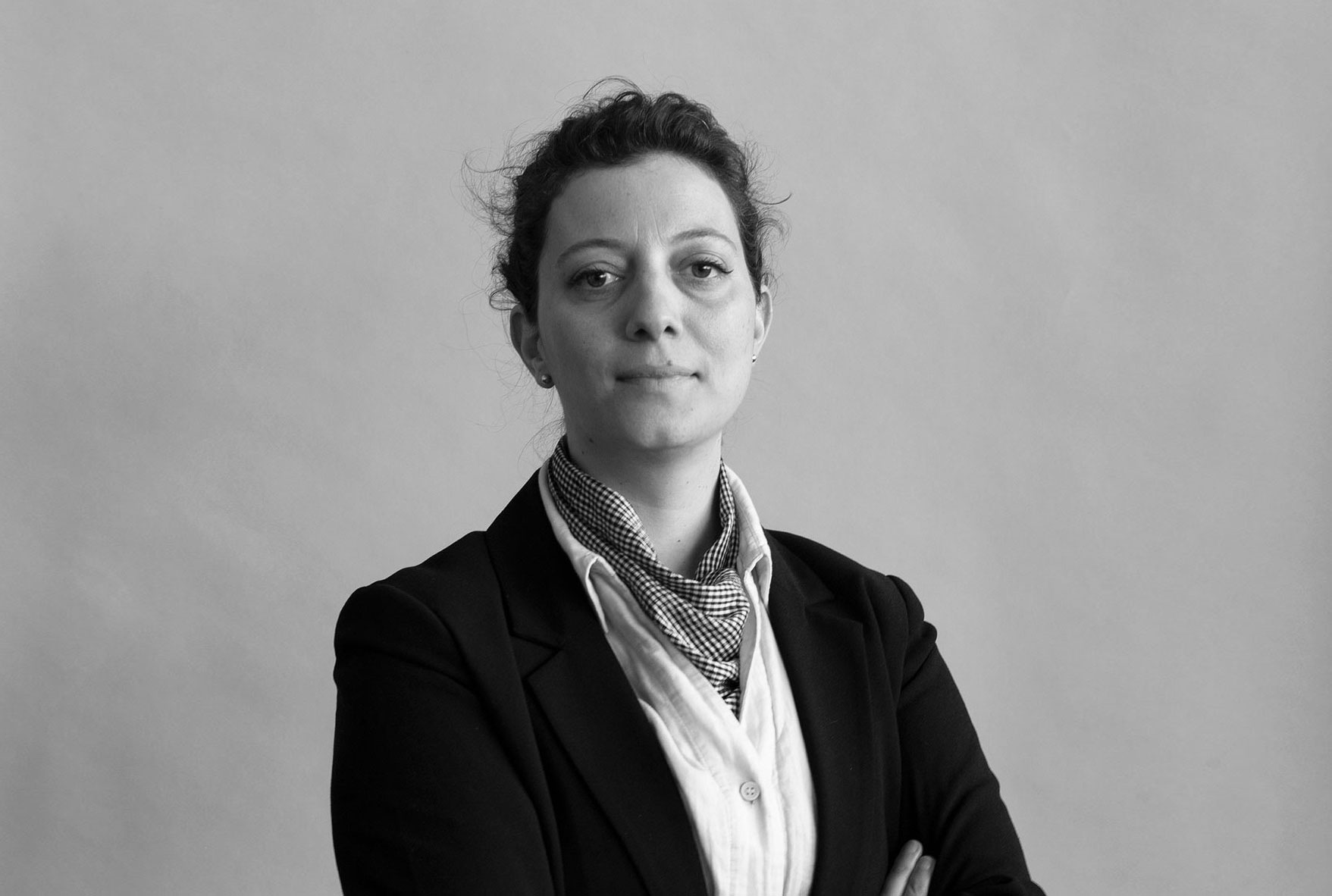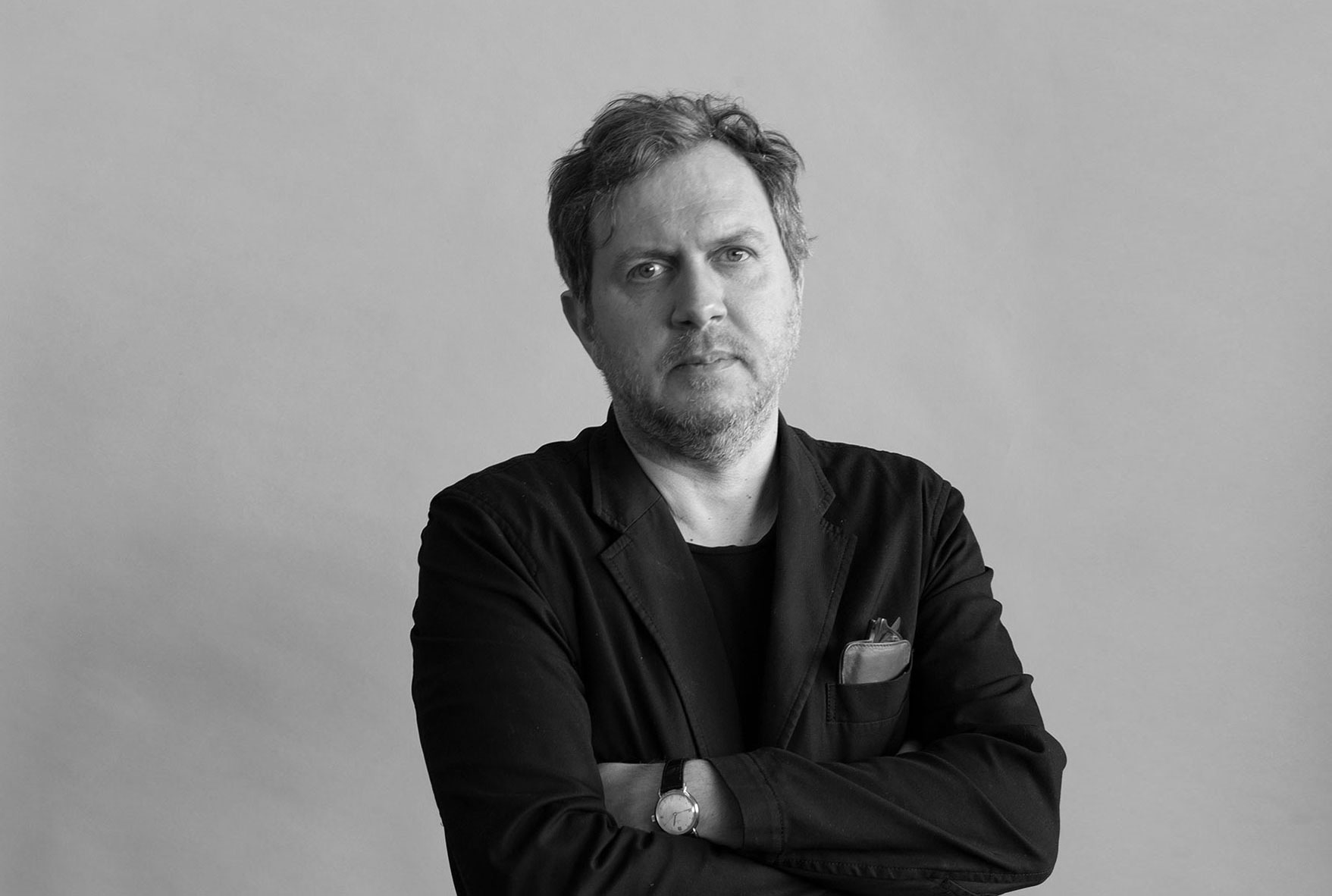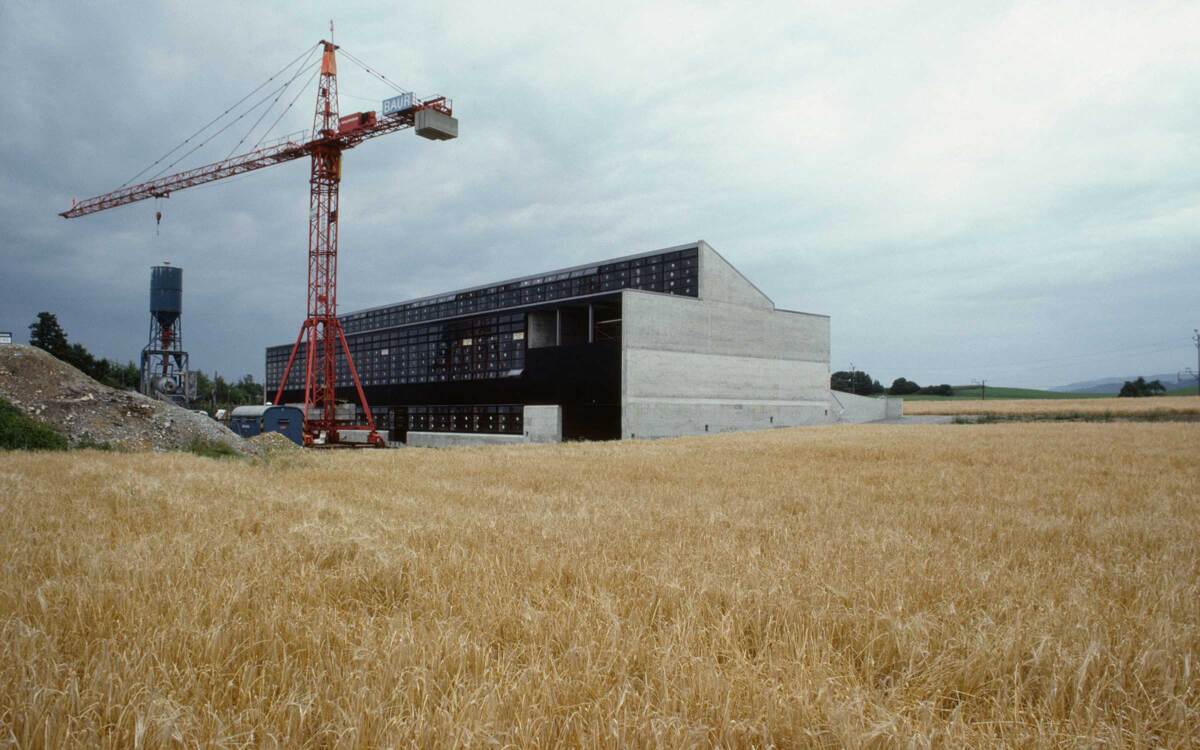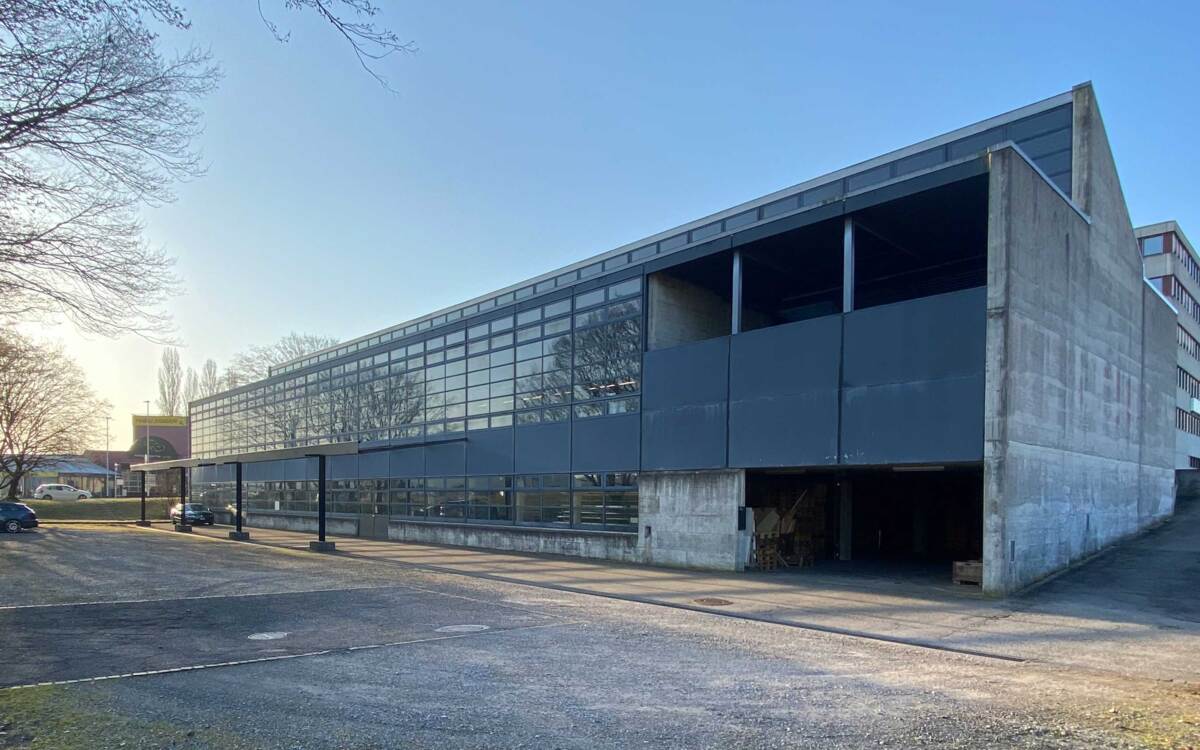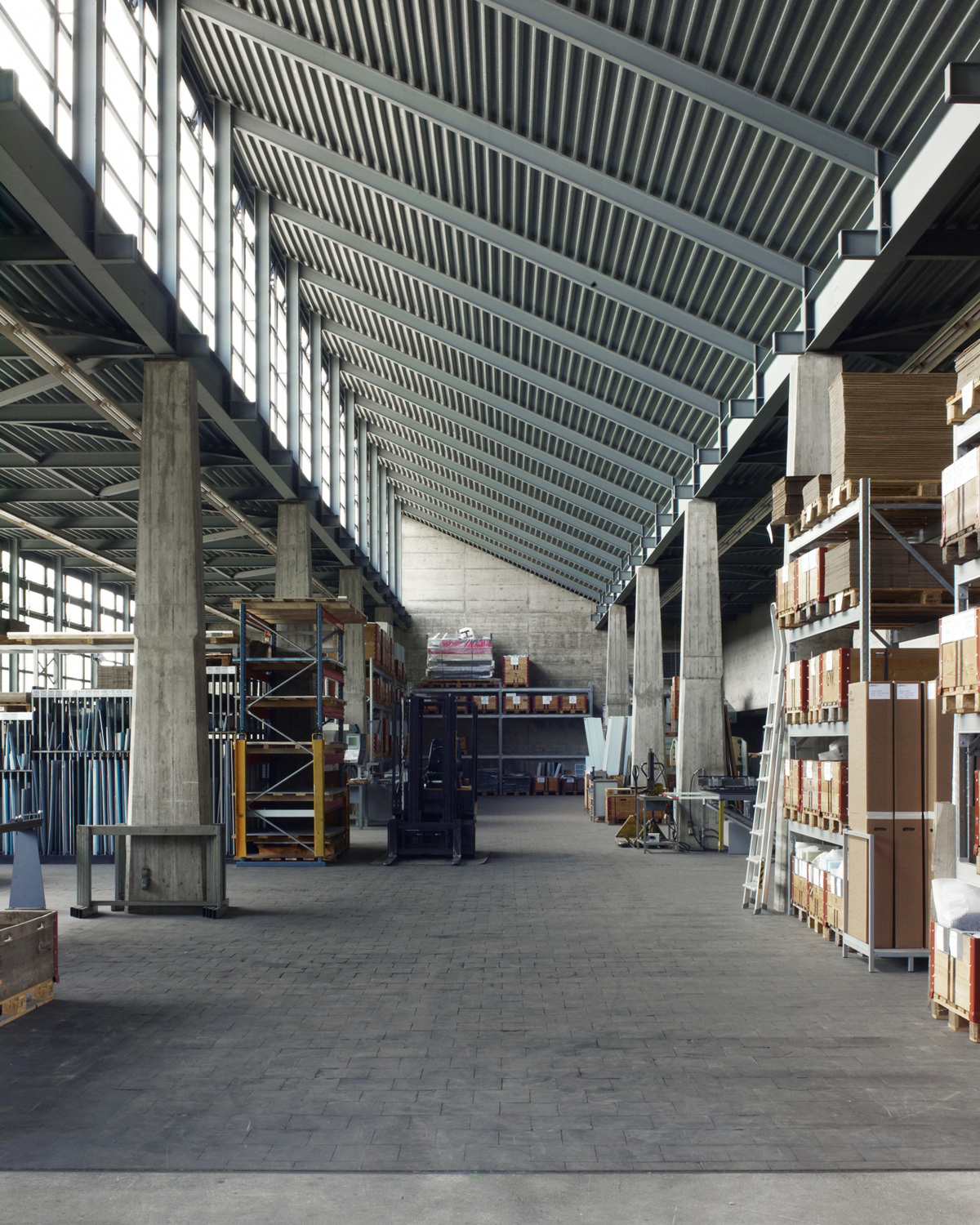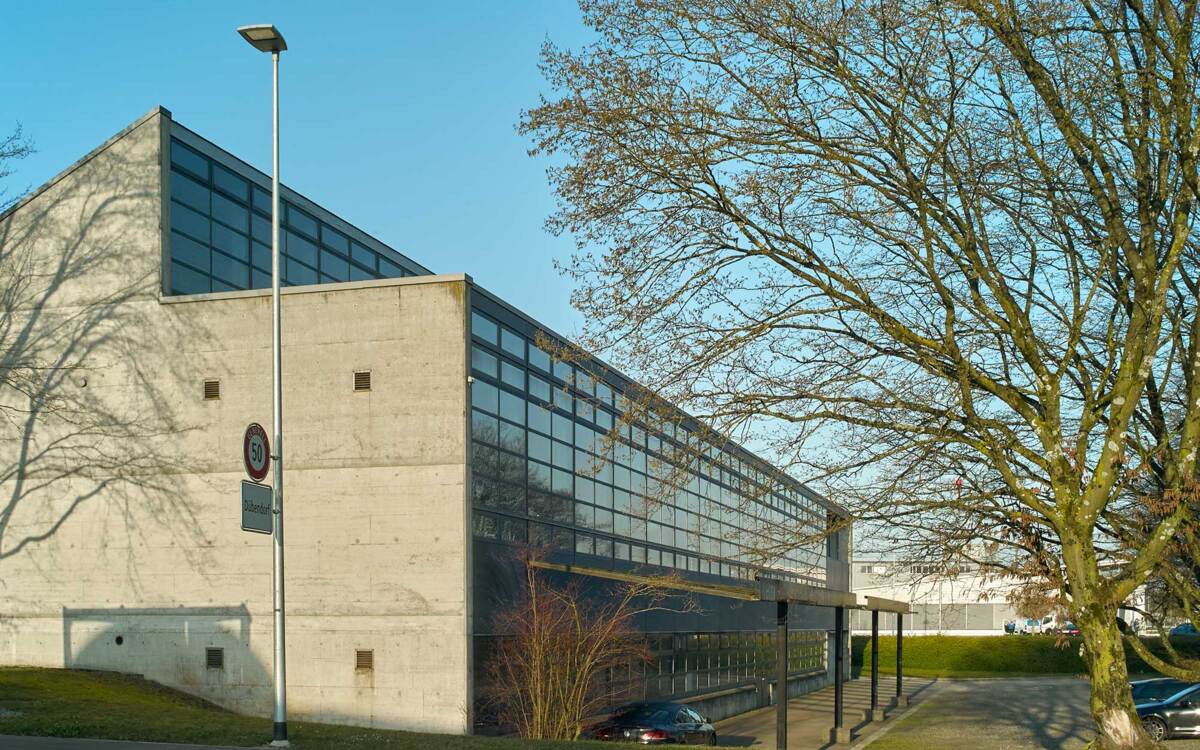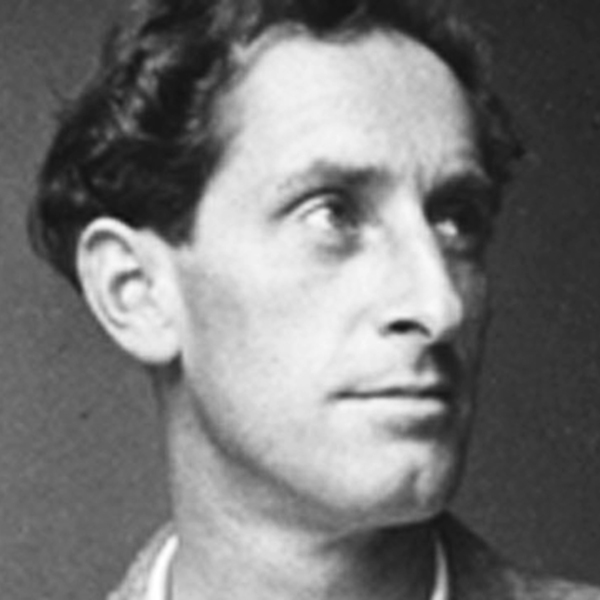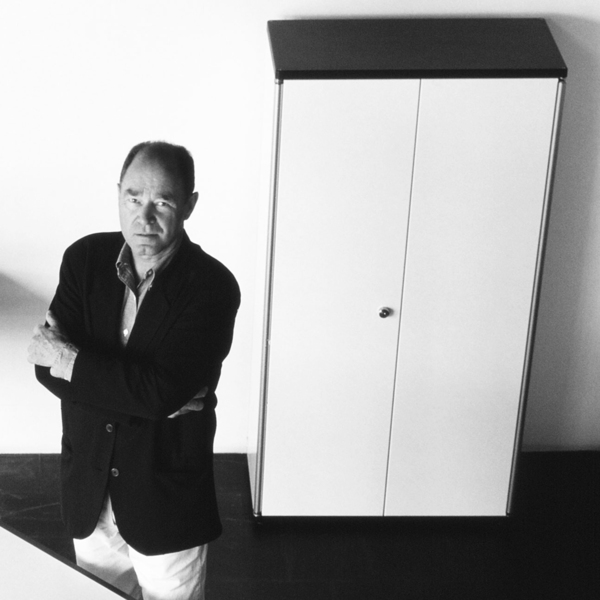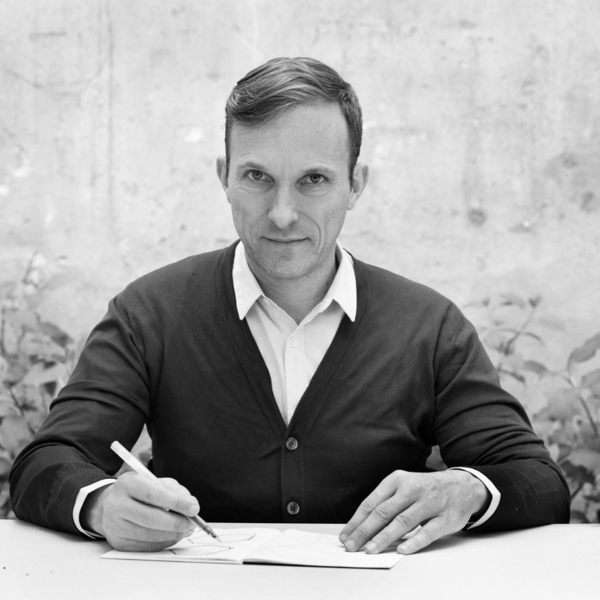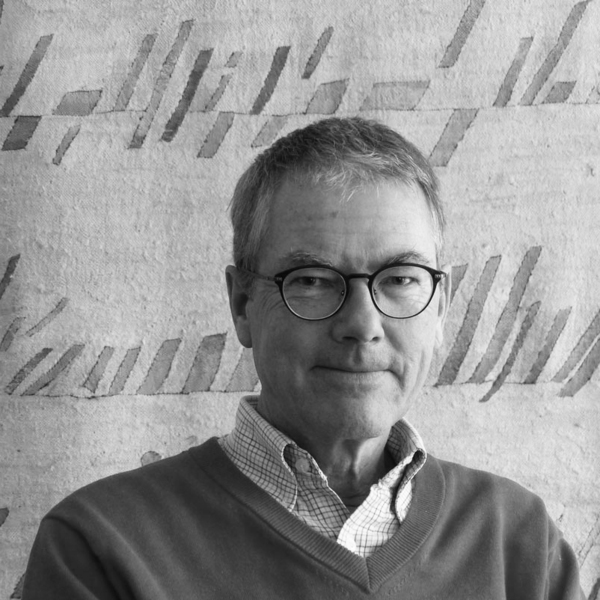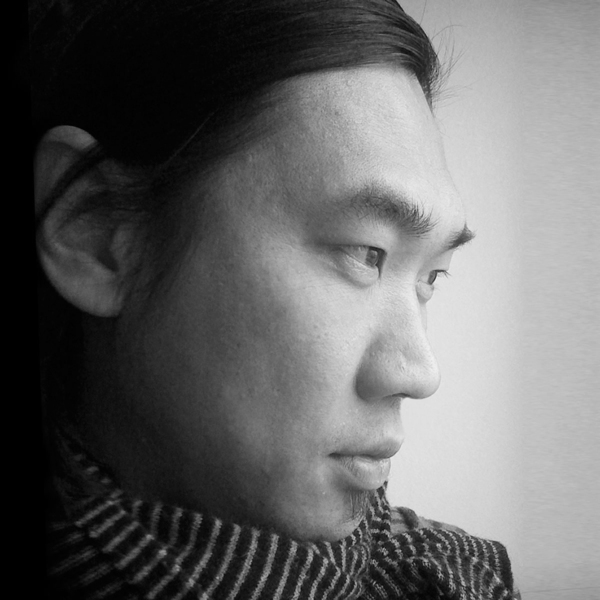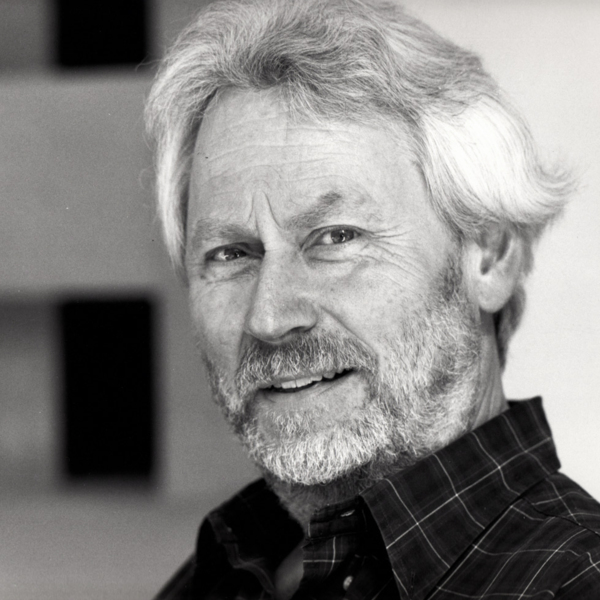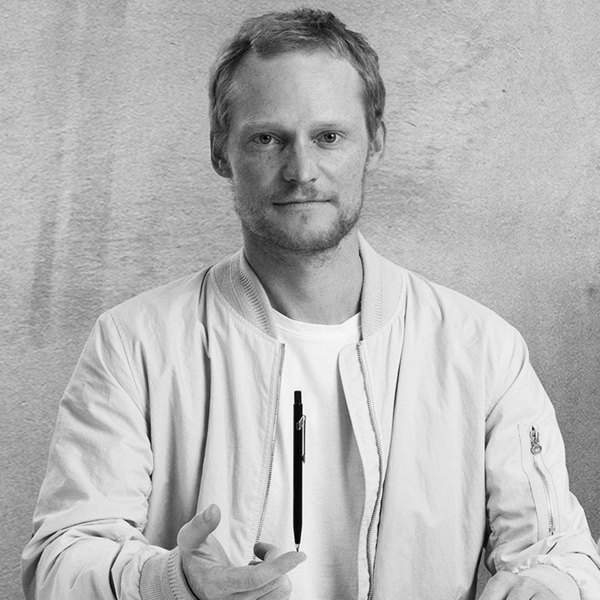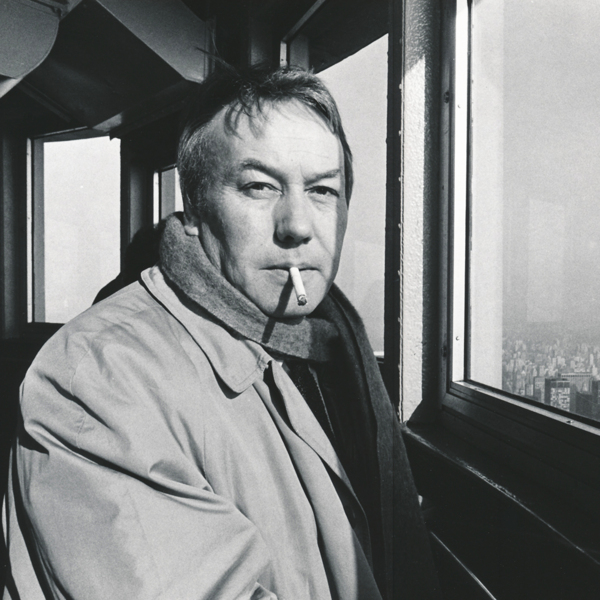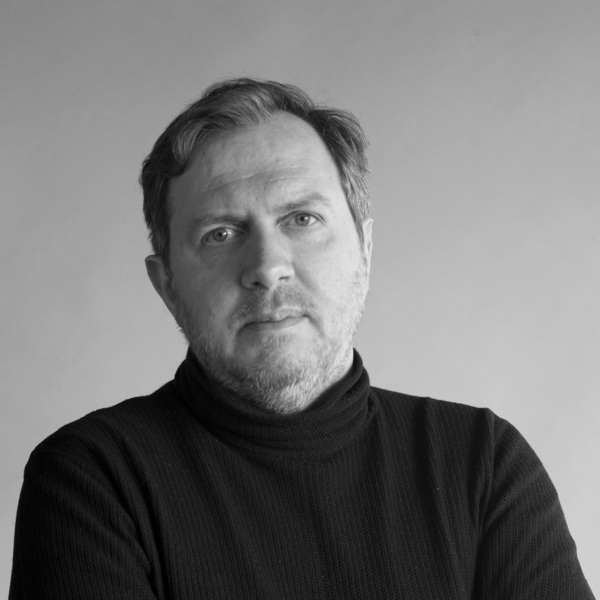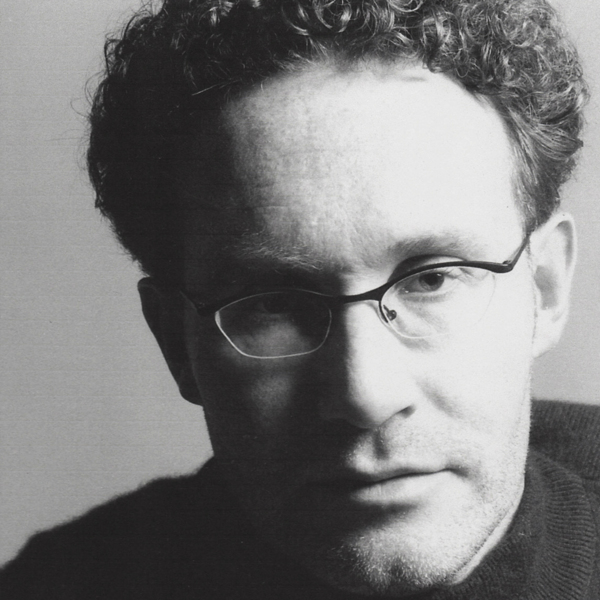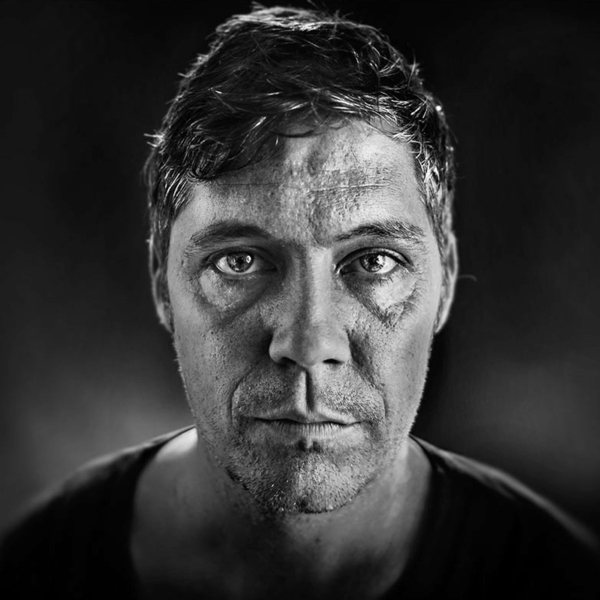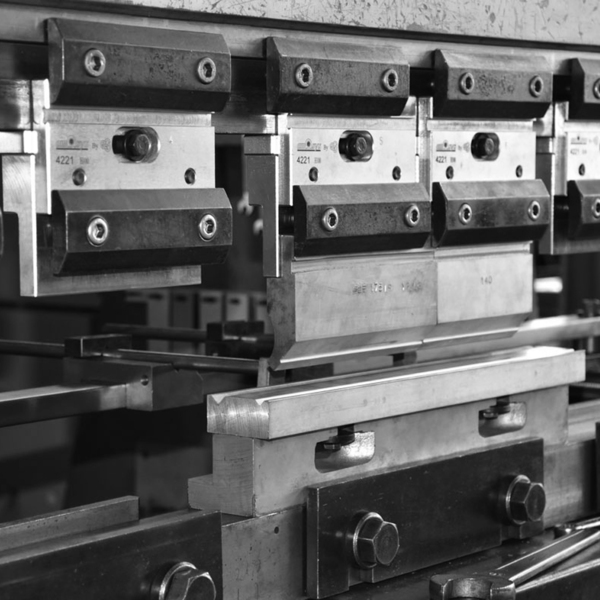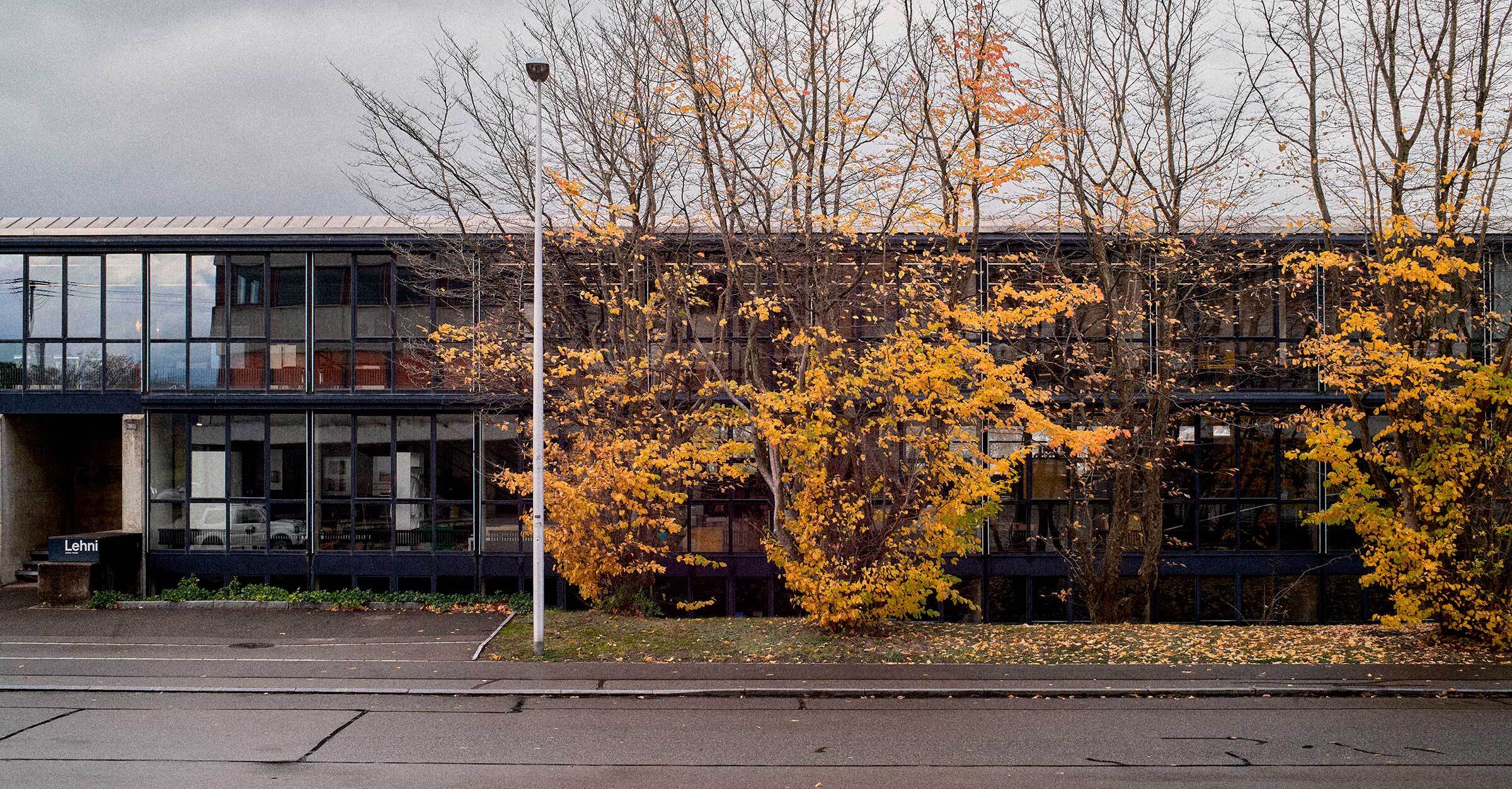
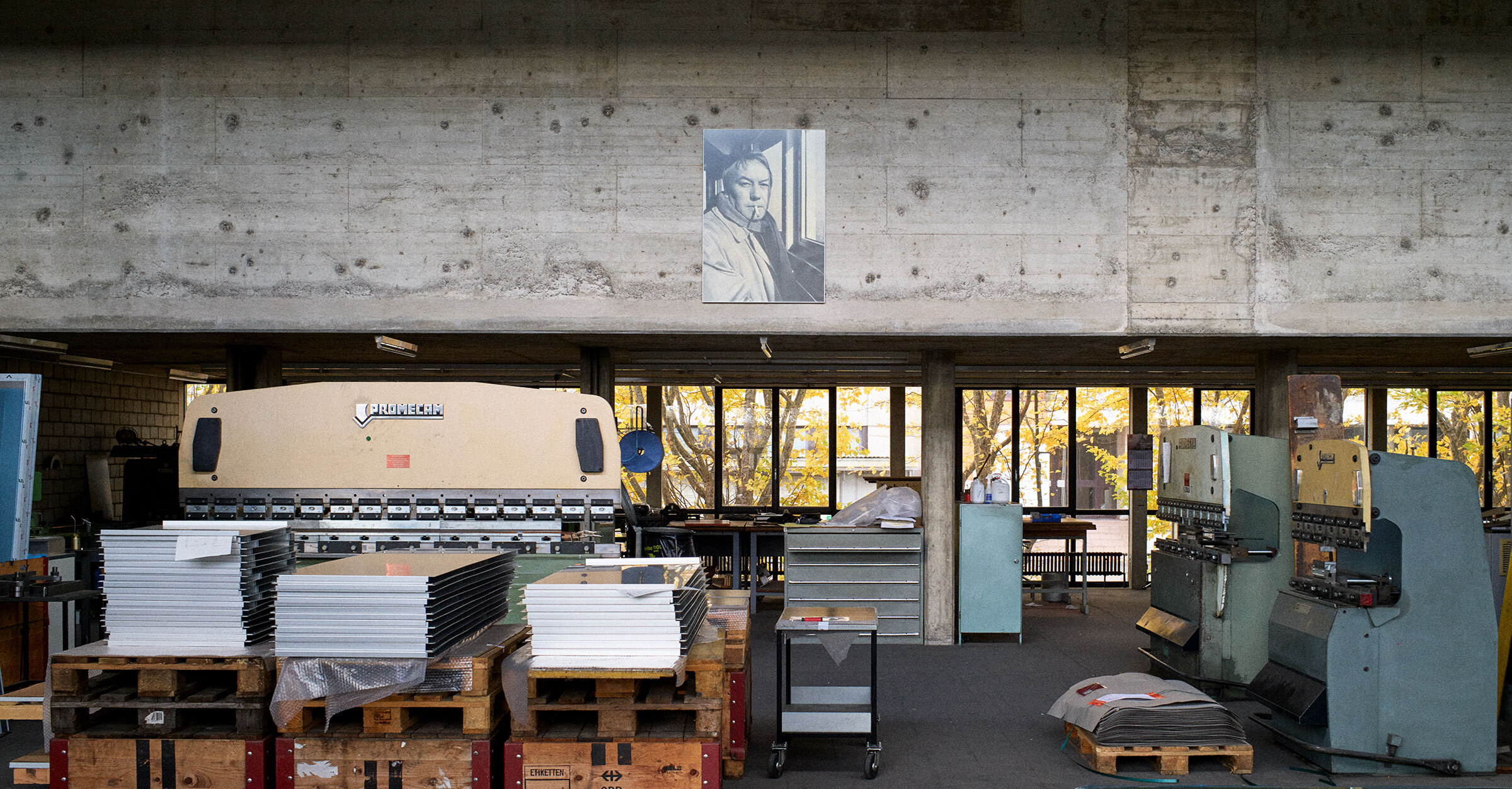
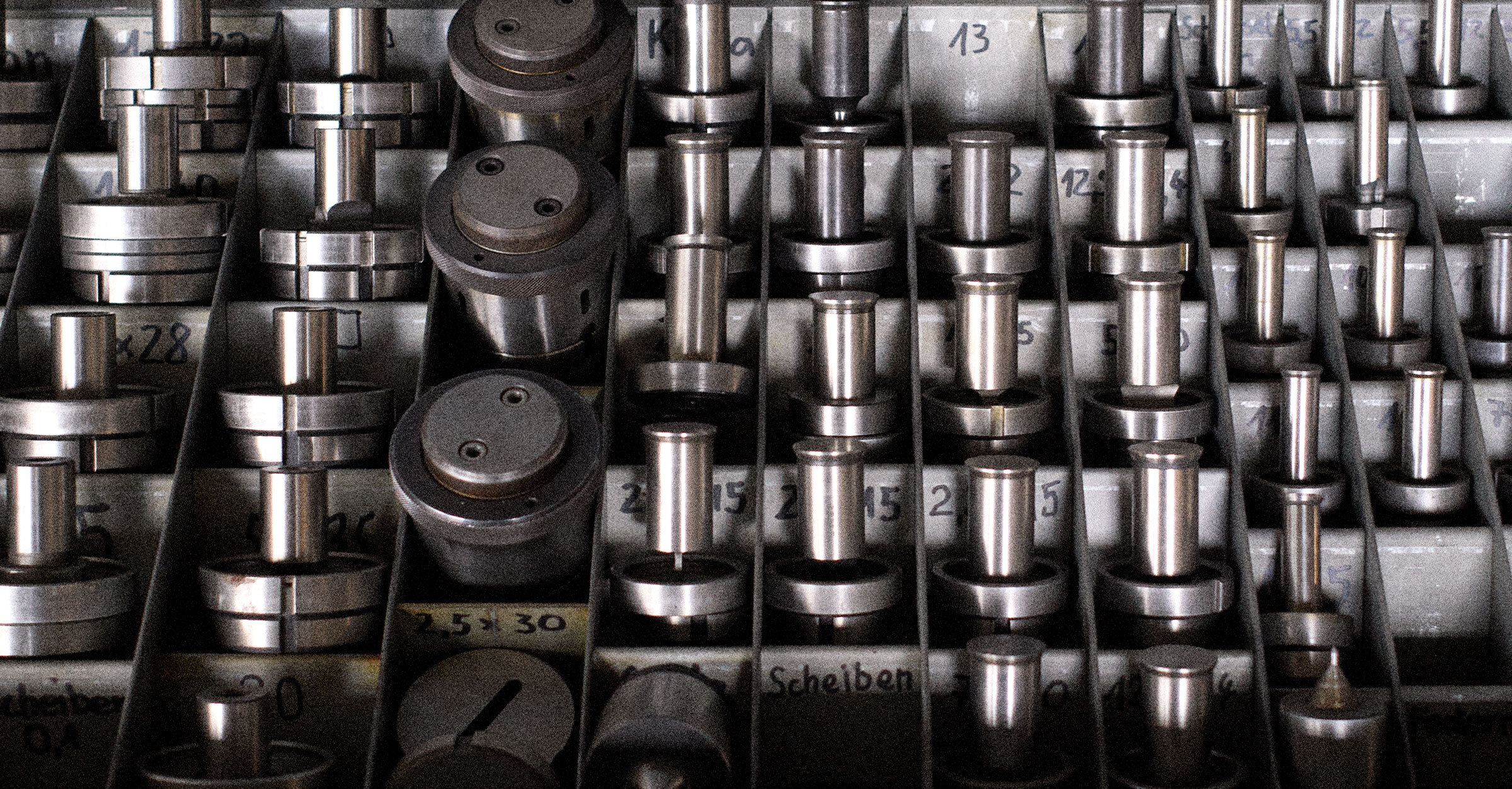
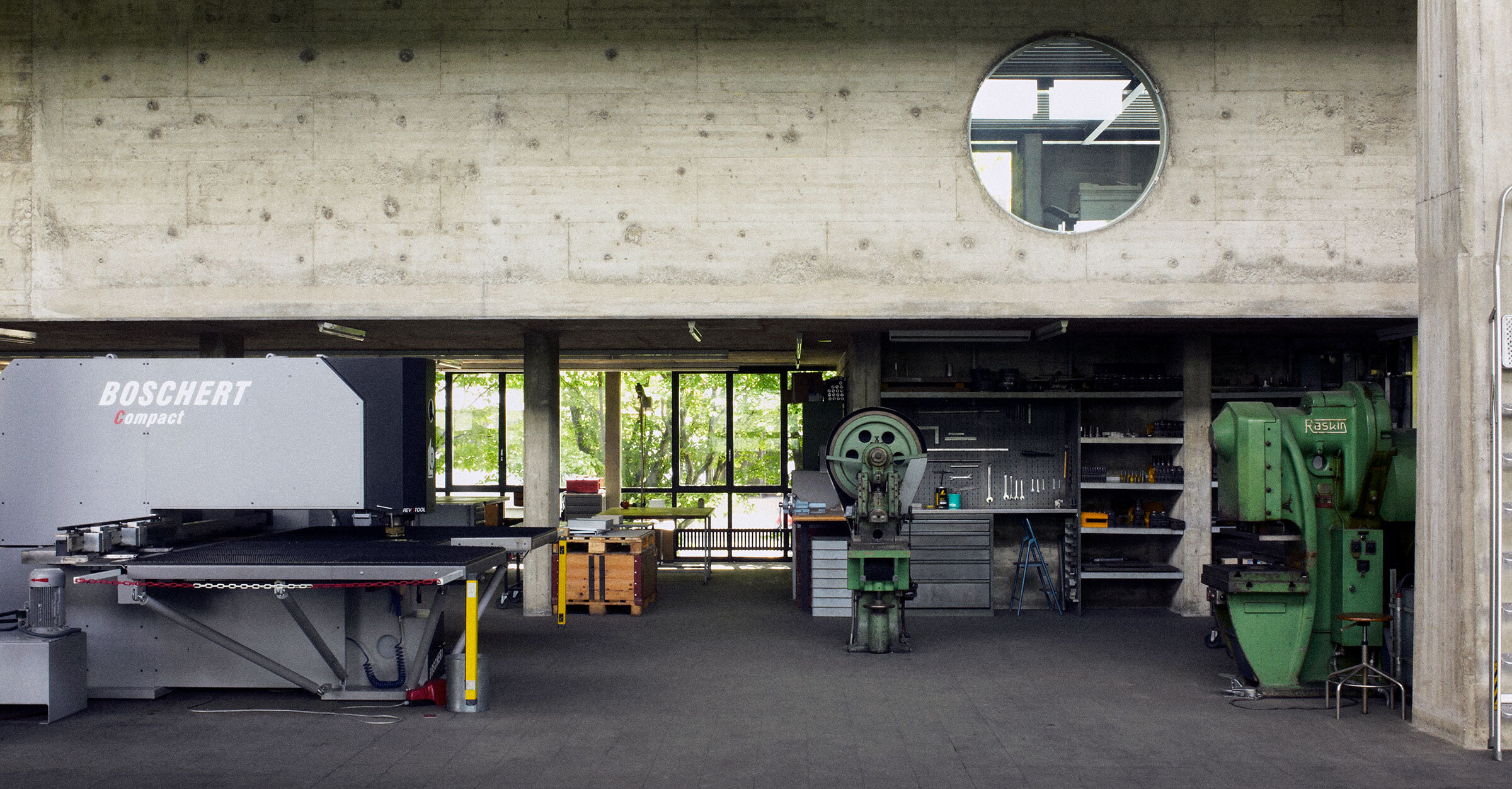
Function, quality, and formal beauty. Lehni is a Swiss furniture manufacturer with its own workshop. Our name stands for functional and durable objects of high practical value and for great expertise in metalworking.
Manifesto
The Lehni manifesto. Our manifesto sums up the principles and convictions that guide our actions.
- Harmony of form, function, and formal beauty
- Simple elegance
- Focused on the essentials
- Radically conceived
- Timeless quality
- Sustainable in action
- Always authentic and open-minded
“In everything we do, we always focus on the essentials: Everything by Lehni is radically conceived and masterfully crafted in a harmonious interplay of function, quality, and formal beauty. Aesthetics is never an end in itself, but always follows from function. Our products always remain what they should be: A shelf is a shelf, just as a wardrobe is simply an elegant and practical way to store your clothes. Functional and durable objects with a high practical value. Of simple elegance, and unmistakable in their style. Objects you don’t want to replace because they belong to you. Objects you never have to replace because they stand the test of time.”
About us
A family business since 1922. Lehni has always been associated with metalworking as well as art and culture. Lehni furniture is characterised by a timeless quality and is made in Switzerland. Since the sixties, our aluminium furniture, in particular, has shaped the design culture in Switzerland.
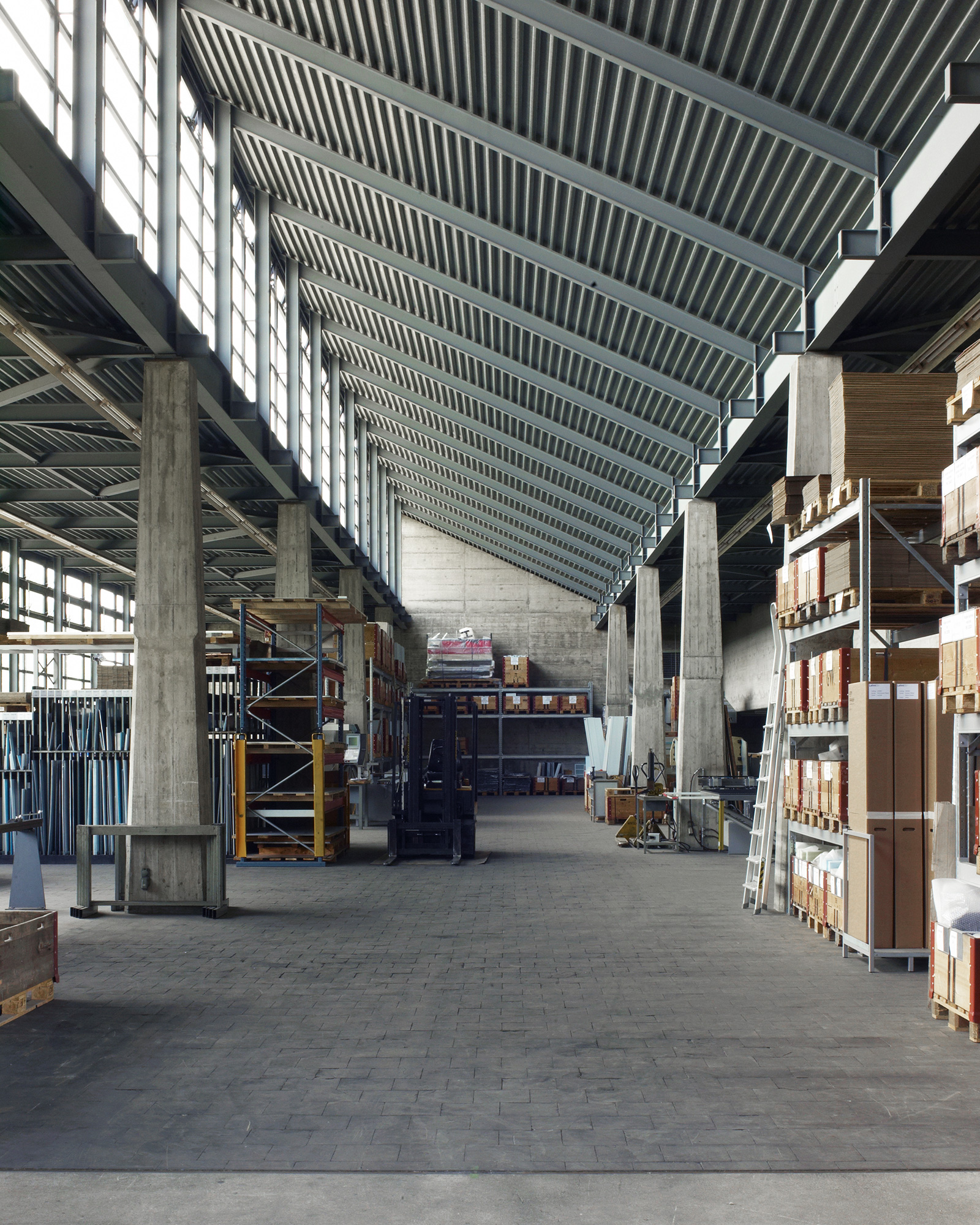
Lehni has always been true to its radical philosophy of living and is also committed to remaining a family business and manufacturing its furniture in Switzerland. More facts
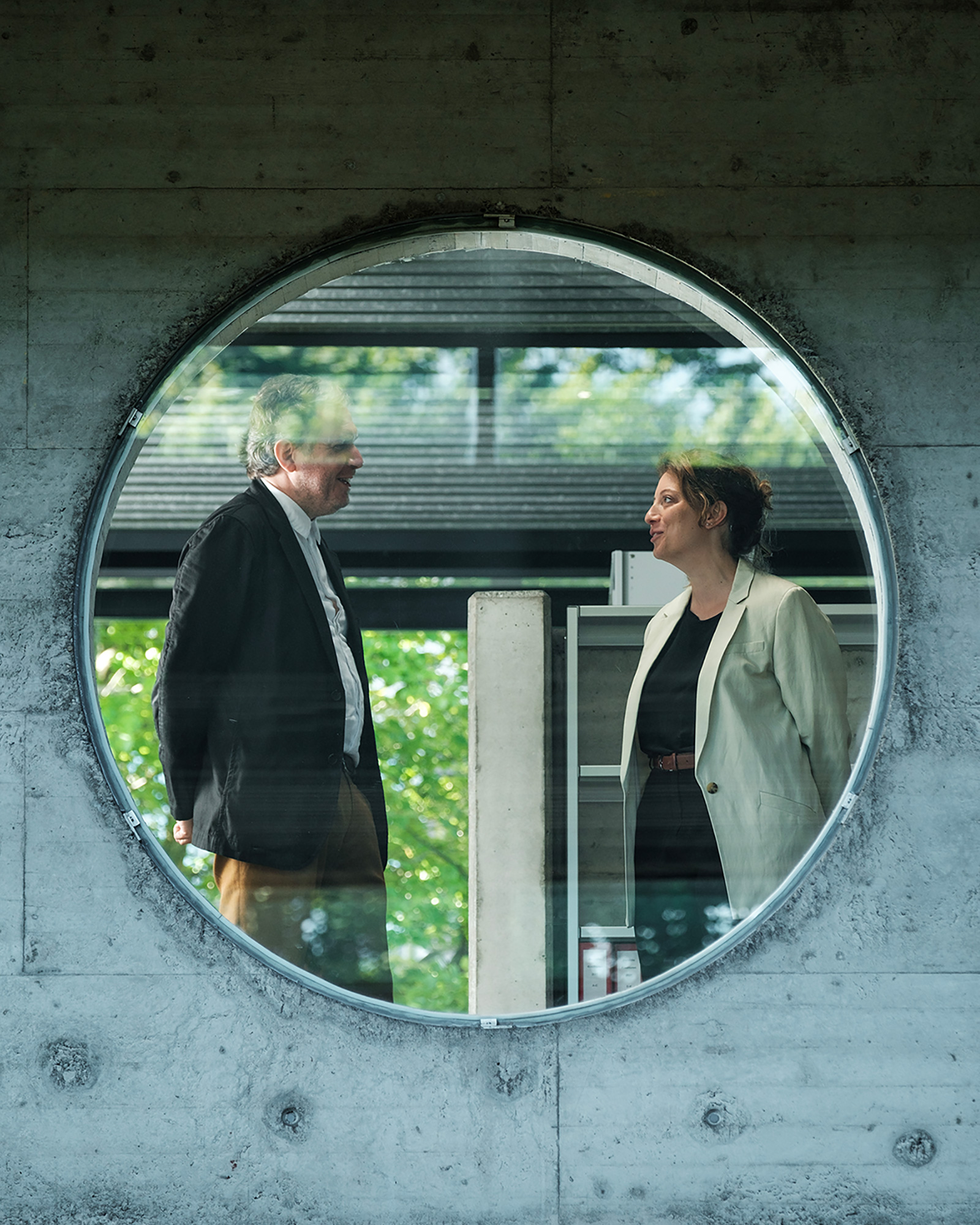
Today, Antonio Monaci and Benedetta Agostini are the 4th generation owners who run Lehni together with a team of 12 employees at the company headquarters and manufacturing facility in Dübendorf. Antonio Monaci is the nephew of Rudolf and Doris Lehni and inherited the company from his aunt in 1998. Working for Lehni
Lehni manufacturing facility: our home
Company headquarters, production site, office building, architectural icon: our factory building was built in 1974 by Ernst Gisel. With its radical design and sophisticated construction, the timeless industrial building is Lehni's functional and atmospheric home.
Designer
Selected product creators and designers. Lehni has always worked with experts who share our basic design principles and our radical philosophy of living. Together we will continue to create functional, durable objects that are sophisticated and produced in an economical fashion that is in line with the existing Lehni collection.
History
Between craft and culture: the beginnings in Zurich Hottingen. In 1922, Rudolf Lehni senior (1885–1956) opened a sheet metal workshop not far from the Kunsthaus Zurich. Over the last 100 years, the workshop has evolved into Lehni as we know it. Read the whole history here
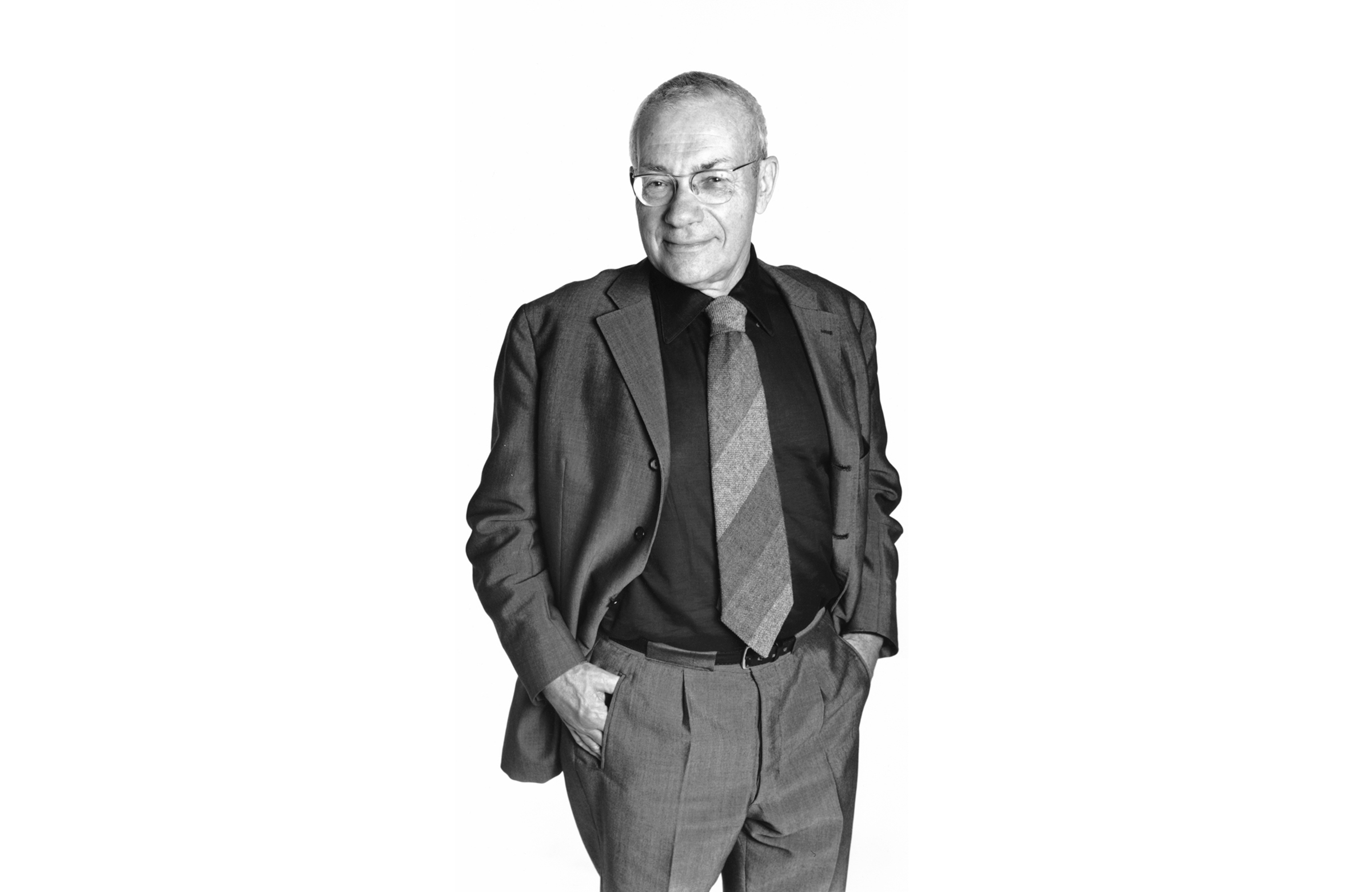
Max Bill, photo by Doris Lehni-Quarella 1975
“A chair is made to sit on, a painting is made to look at. Yet beauty is present in both disciplines.” Andreas Christen is a guiding figure at Lehni and a legend in furniture design. Read the whole history here
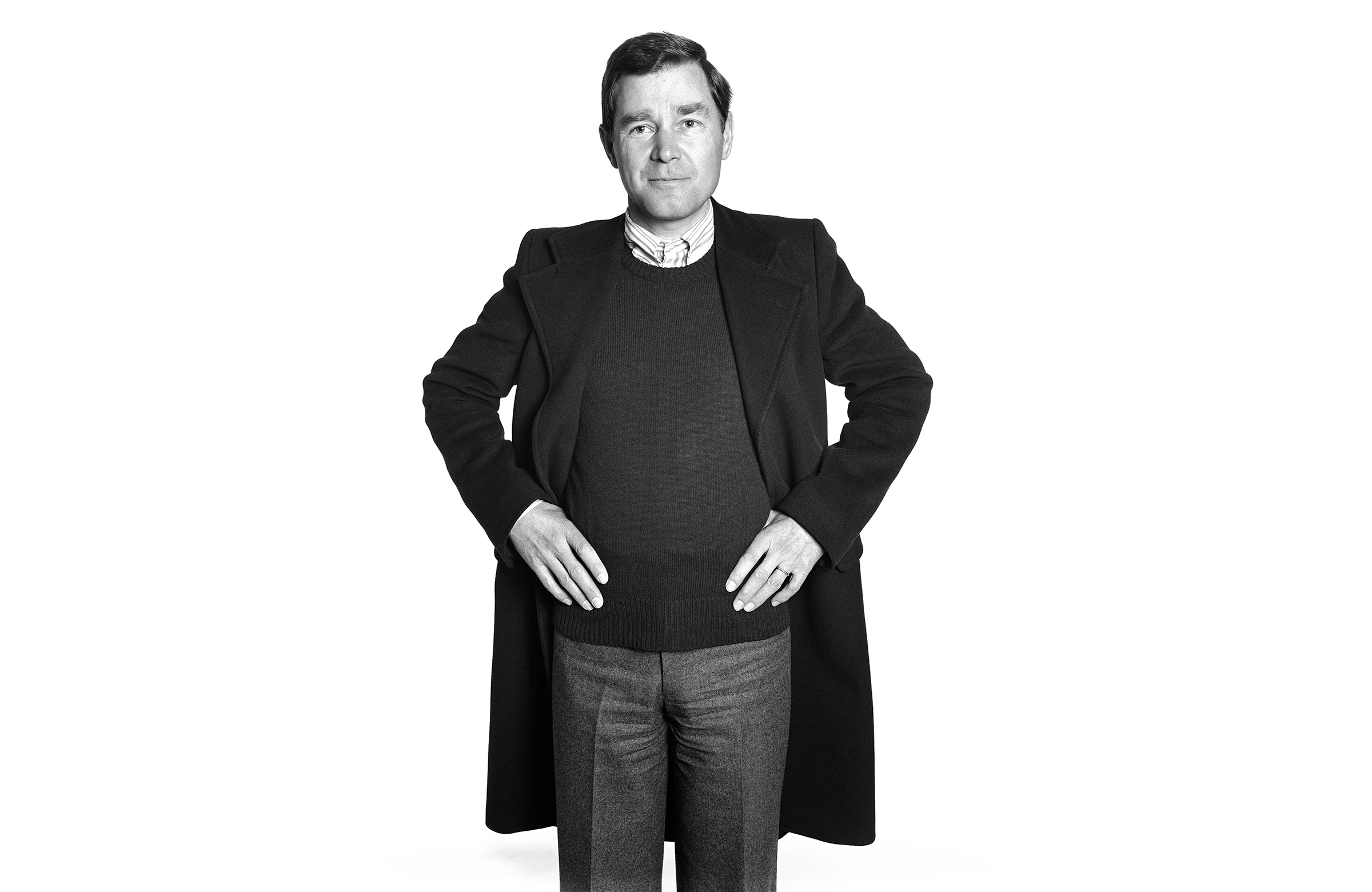
Andreas Christen, Photo by Doris Lehni-Quarella 1974
Collaboration with artists. Starting in 1984, Donald Judd had his furniture objects manufactured by Lehni. The collaboration resulted in 15 different pieces of furniture, available in powder-coated aluminium, sheet copper, or brass. All the pieces are numbered and stamped. Read the whole history here
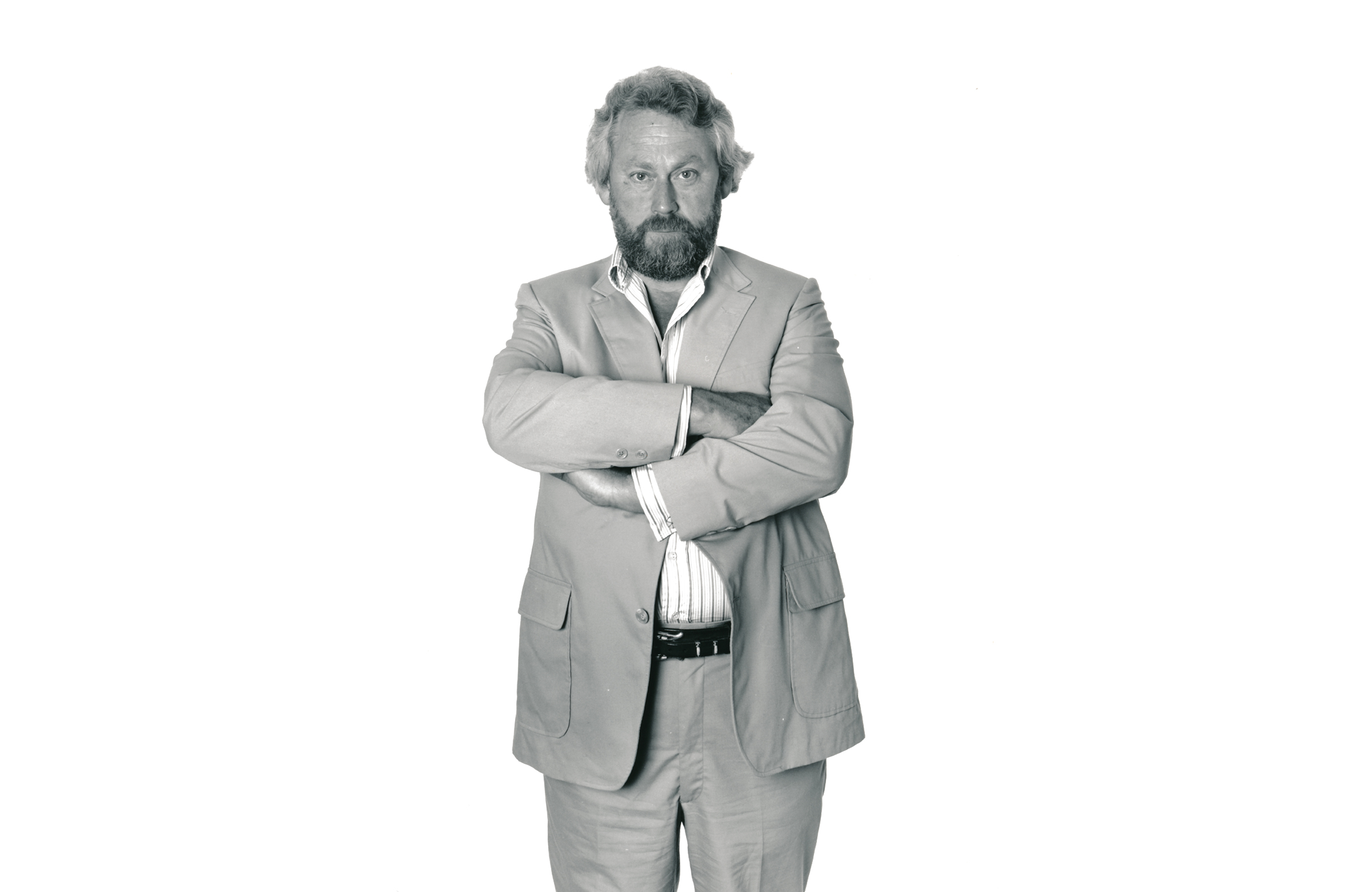
Donald Judd, photo by Doris Lehni-Quarella 1983
News
1964-2024
60 years of aluminium shelving
Discover more2023
Lehni at Andreas Murkudis Berlin
Discover moreZurich design weeks 2023
Lehni at Off space abitare.ch
Discover more